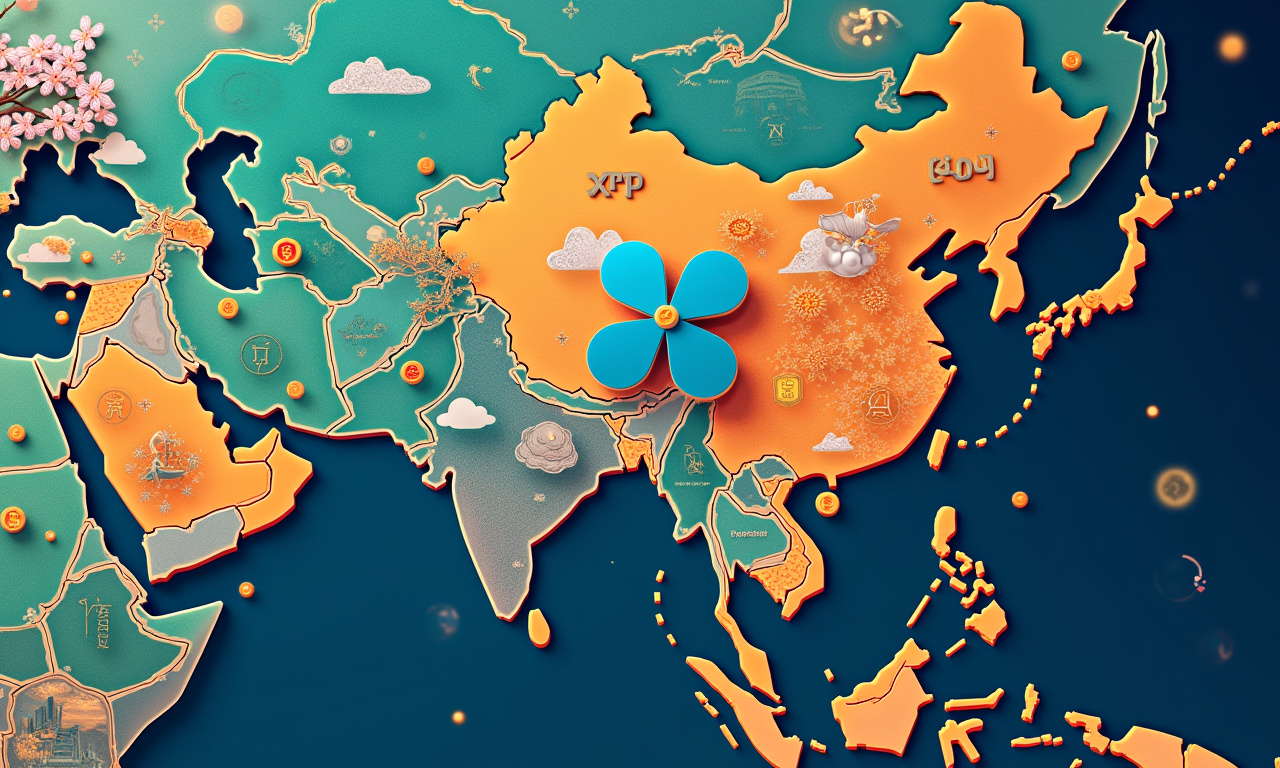
Might & Magic NFT Game: Ubisoft's Gamble or Genius Move in Web3 Asia?

Josefa dela Cruz
Ubisoft diving headfirst into Web3 with Might & Magic: Fates… is it a masterstroke or a brand-tarnishing flop waiting to happen? Never mind the West; the real front in this war is across Asia, especially Southeast Asia. I'm not just talking about player numbers; I'm talking about the future of blockchain gaming itself.
Legitimizing Web3 or Crushing Local Heroes?
Let's be real. We acknowledge that the Web3 gaming space can be the Wild West at times. It’s chock full of vaporware, rug pulls and games that focus on tokenomics over gameplay. Ubisoft, with its vast and established IP, and development muscle, could of course bring much-needed legitimacy to the space. Might & Magic has a legacy. As Web3 continues to transform our world, will that legacy be improved or damaged by NFTs?
What about the smaller guys? Our indie developer pals in the Philippines, Vietnam, and Indonesia are iterating quickly and thoughtfully on blockchain games, starting with a clean slate. They’re accomplishing this with no backing from a typical AAA developer. Will Ubisoft’s highly anticipated entry eclipse them all and dominate the conversation? This would further complicate their ability to receive funding and attention.
When I interviewed one founder of a blockchain gaming startup based in Manila (who requested anonymity, as they’re afraid of being doxxed). He put it bluntly: "It's a double-edged sword. On the one hand, Ubisoft’s participation is a sign of the space’s success and should help draw more VC cash flow into the area. On one side, just how do we stack up against Might & Magic. It’s akin to a little independently-owned coffee shop opening up right next door to a Starbucks.
This anxiety is real. It’s the new age of the David vs. Goliath story, playing out in a much different arena. Or will Asian governments intervene to ensure a more fair competitive environment? Or will they hamstring the big players and let the nimble innovators lead the way? Singapore's relatively open regulatory environment might attract Ubisoft's investment, but what about countries with stricter rules? Regulation is a HUGE factor.
Asian Founders' Real Web3 Opportunity
Here's where the unexpected connection comes in. Imagine the early days of the internet. Finding themselves misaligned, giant corporations failed to pivot while agile startups filled the gaps. The same is likely to be true when it comes to Web3 gaming in Asia.
Ubisoft may be the 800-pound gorilla, but it’s a lumbering giant. It has to please the board of shareholders, walk through an incredibly cumbersome internal bureaucracy, and fear public relations fallout. Asian blockchain startups, by contrast, tend to be nimble, roguish, experimental and laser-focused on their quickly developing local markets. They can create experiences that speak to the cultural subtleties and preferences that Ubisoft may not be able to capture.
The niche these smaller companies could capitalize on is the ability to create a loyal, passionate community in Asia.
- Local mythology and folklore: Think Anito Legends from the Philippines, but with even deeper Web3 integration.
- Traditional gameplay mechanics: Adapting popular card games or board games from the region into NFT-based experiences.
- Community-driven development: Building games with the players, not just for them.
The trick is doing this without going up against Ubisoft directly. Not by chasing after broader markets, finding the next multi-purpose gameplay experience, and scaling up community development. Think of it like this: Ubisoft is building a highway, but the real opportunities lie in building the off-ramps and the destinations along the way.
VC funding is the lifeblood of the startup ecosystem, both locally and abroad. Will Might & Magic: Fates attract more VC investment to the Asian blockchain gaming space, or will it scare investors away, making them think the market is already dominated by big players?
VCs: Risk or Reward in Asian Web3?
It's a gamble, plain and simple. Ubisoft’s entry is a good example that Web3 gaming is big business now. This move has brought amply more mainstream attention and it raises the risks of investors losing their money. Awe and wonder, perhaps?
hardware, VCs can be reluctant to invest in the more diverse smaller studios. They fear these studios will fall prey to Ubisoft’s huge corporate marketing juggernaut. The fear of the big bad wolf on the block would be enough to scare off competition.
The smart money will be on startups that have a clear vision, a strong team, and a unique value proposition. Instead, it will be the ones that actually show traction, truly cultivate a devoted community, and authentically stand out in a crowded landscape. They will be the ones that have done the hard work to sell the investor on the story they can buy into.
Ultimately, the success of Might & Magic: Fates in Asia, and its impact on the region's blockchain gaming ecosystem, will depend on a complex interplay of factors: regulatory landscape, consumer adoption, and the ability of Asian startups to innovate and compete in a rapidly evolving market.
It’s not only about whether or when Ubisoft’s big gamble pays off. It poses the question of whether it will produce a rising tide that lifts all boats. Or will it be a tidal wave that drowns the aspirations of millions of Asian business owners? Only time will tell. One thing is certain: the stakes are high, and the future of Web3 gaming in Asia is hanging in the balance.
It's not just about whether Ubisoft's gamble pays off. It's about whether it creates a rising tide that lifts all boats, or a tsunami that washes away the dreams of countless Asian entrepreneurs. Only time will tell. But one thing is certain: the stakes are high, and the future of Web3 gaming in Asia is hanging in the balance.


